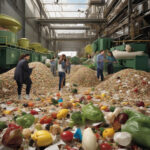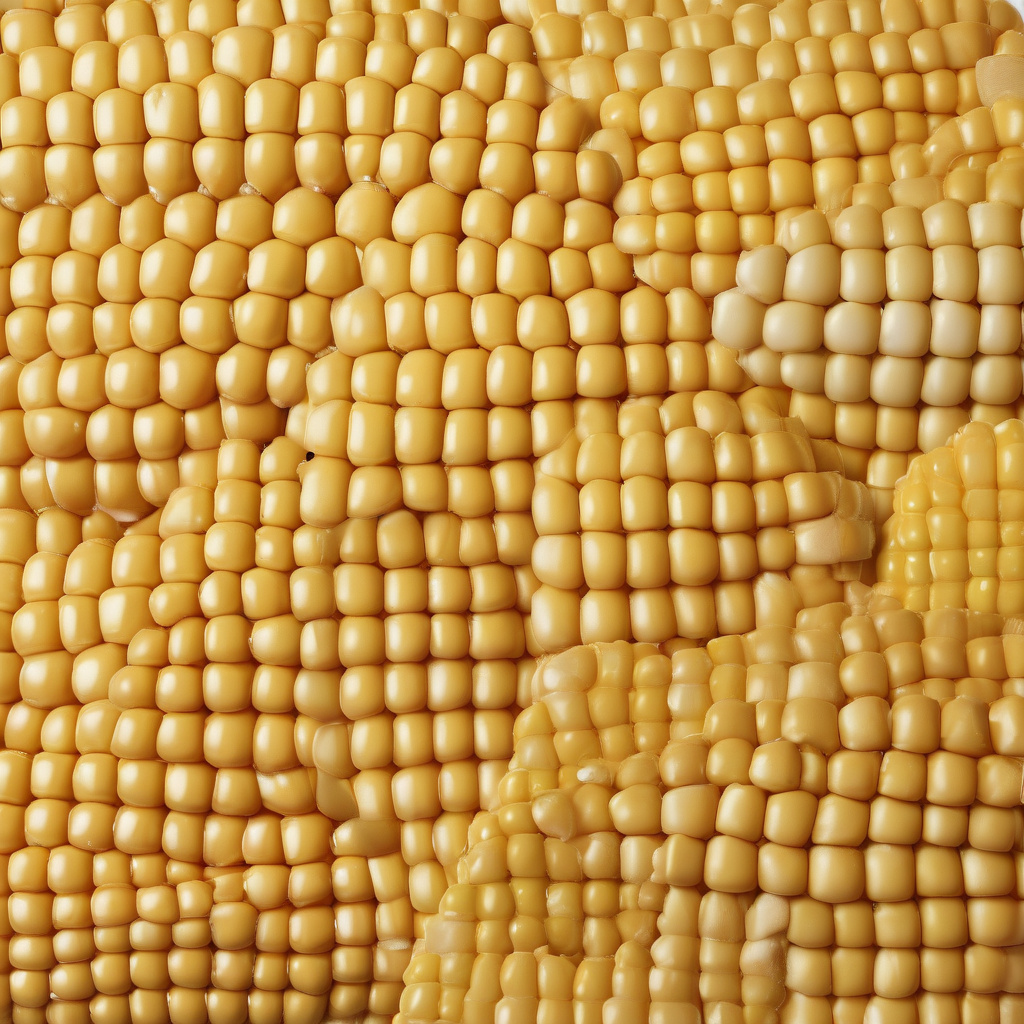Corn-based pads could cut 220,000 tons of plastic waste dumped in oceans yearly
A new study has revealed a potential game-changer in the fight against sanitary waste. Researchers have discovered that corn-based pads could significantly reduce the amount of plastic waste that ends up in our oceans each year. With an estimated 220,000 tons of plastic waste from sanitary products being dumped into the oceans annually, this innovative solution could have a major impact on environmental sustainability.
Traditional sanitary pads are typically made from a combination of plastic, wood pulp, and other synthetic materials. These pads can take hundreds of years to decompose, leading to significant environmental pollution. In contrast, corn-based pads are biodegradable and compostable, offering a much more sustainable alternative for menstruating individuals.
The use of corn-based materials in sanitary products is not only beneficial for the environment but also for human health. Traditional pads often contain harmful chemicals and toxins that can cause irritation and other health issues. In contrast, corn-based pads are free from these synthetic additives, making them a safer and more natural option for individuals.
In addition to their environmental and health benefits, corn-based pads are also highly absorbent and comfortable to wear. The use of natural materials like corn fibers can help to prevent leaks and odors, providing a more reliable and enjoyable experience for users.
One of the key advantages of corn-based pads is their potential to reduce plastic waste in our oceans. With millions of tons of plastic entering our oceans each year, finding sustainable alternatives to traditional products is crucial for protecting marine life and ecosystems. By switching to corn-based pads, individuals can significantly decrease their plastic footprint and help to combat the global plastic pollution crisis.
While corn-based pads offer a promising solution to the issue of plastic waste in sanitary products, there are still some challenges to overcome. Cost and accessibility are two major factors that may impact the widespread adoption of these eco-friendly pads. However, as technology advances and demand for sustainable products grows, it is likely that corn-based pads will become more affordable and readily available to consumers.
In conclusion, the development of corn-based pads represents a significant step forward in the quest for sustainable and environmentally friendly sanitary products. By choosing biodegradable and compostable pads made from natural materials like corn, individuals can play a vital role in reducing plastic waste and protecting our oceans for future generations.
#CornBasedPads, #PlasticWasteReduction, #SustainableSanitaryProducts, #EnvironmentalImpact, #OceanProtection












